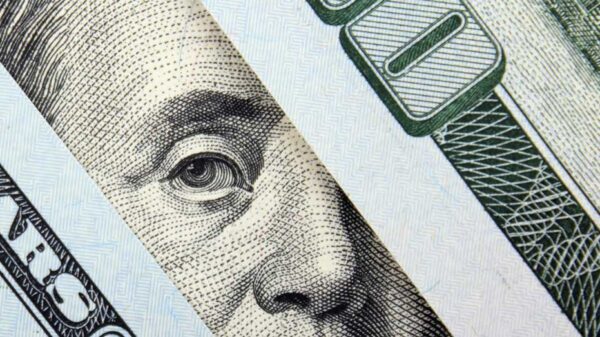China has announced a bold “Special Action Plan to Boost Consumption” aimed at revitalizing domestic demand and addressing economic challenges in the world’s second-largest economy. The plan, unveiled on Sunday by the General Office of the Central Committee, outlines a broad range of measures designed to stimulate consumption, stabilize financial markets, and support long-term economic growth.
Key Highlights of the Plan
Boosting Domestic Demand:
The plan focuses on increasing income levels and reducing financial burdens for consumers. Policymakers aim to “vigorously boost consumption” by enhancing the spending power of both urban and rural citizens. This includes targeted initiatives such as employment support programs and continued implementation of unemployment insurance policies.
Financial Market Stability and Investment Opportunities:
The government has pledged to take “multiple measures” to stabilize China’s stock market and develop new bond products tailored for individual investors. These steps are seen as crucial to restoring confidence in the financial markets, which have suffered from sluggish growth and negative wealth effects in recent years.
Tourism Development:
Tourism is a key component of the plan, with measures to promote both inbound and domestic tourism. Specific support will be provided to snow and ice regions to help them develop as globally recognized winter destinations. Additionally, the government plans to expand visa-free travel arrangements and optimize regional entry policies to attract more international visitors.
Addressing Structural Challenges:
The plan acknowledges the pressing need to address long-term structural issues in the Chinese economy. These include slowed wage growth, declining property and stock market values, and insufficient social safety nets. According to Lynn Song, ING’s chief economist for Greater China, the plan signals a commitment to tackling these challenges over the long term, which could pave the way for a transition to a consumption-driven economic model.
Economic Context
China’s economy has been grappling with sluggish consumer activity, as evidenced by February’s sharp decline in the Consumer Price Index (CPI) and continued contraction in the Producer Price Index (PPI) since late 2022. Additionally, deflationary pressures and external shocks to overseas demand have further highlighted the need for a strong domestic consumption base.
In response, Chinese leaders have emphasized the importance of boosting domestic demand. Premier Li Qiang recently identified this as a top priority during his annual government work report. The plan also follows January’s pledge to allocate an additional 300 billion yuan ($41.45 billion) in ultra-long special treasury bonds to support consumer subsidies.
Expert Insights
Economists and analysts have generally welcomed the plan as a positive step toward addressing China’s economic challenges. Lynn Song stressed that while the plan is encouraging, many of the proposed measures are “multi-year directions rather than something that can be fixed in a few months.” She likened the effort to the gradual development of China’s electric vehicle (EV) dominance, emphasizing that major policy initiatives often take years to yield results.
Richard Harris, CEO of Port Shelter Investment Management, echoed this sentiment, noting that Chinese authorities are “determined to stimulate the economy.” He highlighted the importance of focusing on the domestic economy, particularly as the export sector faces uncertainties.
Looking Ahead
The “Special Action Plan to Boost Consumption” reflects a clear strategic pivot by Chinese policymakers toward strengthening the domestic economy. By addressing immediate challenges and laying the groundwork for long-term growth, the plan aims to foster a more resilient and consumption-driven economic model.









